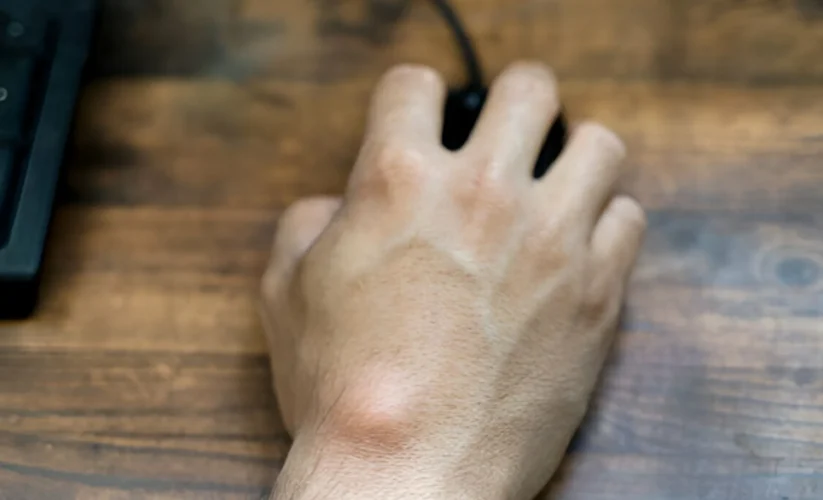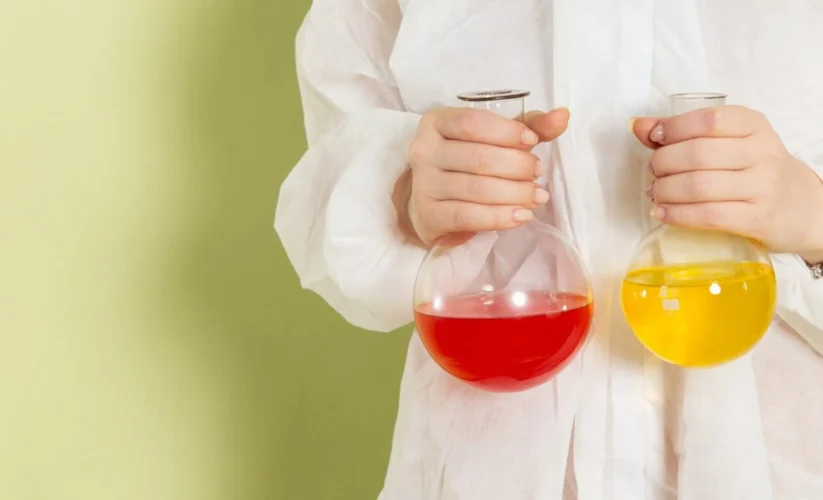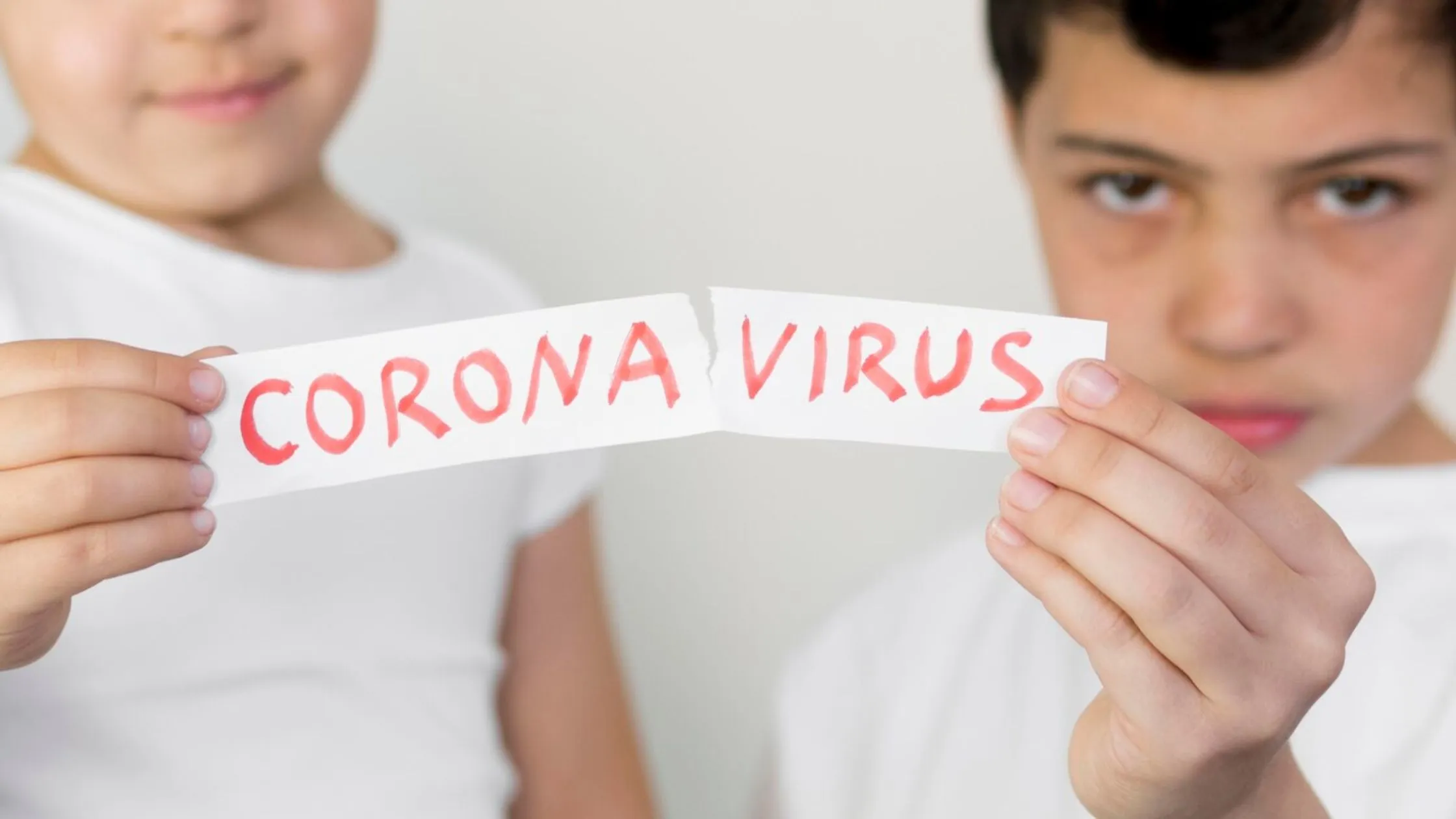
Understanding Ganglion Cyst Vitamin Deficiency
Ganglion cysts are filled with fluid and frequently found at the back of the wrist or hand near joints or tendons. These bumps do not produce pain very often but can be seen in millions each year. Even though usually harmless, some might cause uneasiness or limit motion. In the past, studies have been observing a link between these cysts and not enough vitamins in the body. This new understanding on ‘ganglion cyst vitamin deficiency’ proposes that low levels of vitamins important for joint strength could be one factor causing cyst formation.
Understanding Ganglion Cyst Vitamin Deficiency
Speaking of ganglion cyst vitamin deficiency, it happens due to the creation of a little leakage in the tissue enclosing a joint or tendon. This fluid gathers up, creating the identifiable smooth and round lump. There are two primary kinds: dorsal ganglion cysts that show up on your wrist’s back side, and volar ganglion cysts which are located at the palm’s direction inside it.
Though we are uncertain about the science behind ganglion cyst vitamin deficiency with precise reason, repetitive stress and injuries to your wrist or hand appear to be the primary risk factors. Participating in activities such as gymnastics, weightlifting or using a computer often can put extra pressure on these places which might create cysts.
Symptoms
– Visible lump
– Variable size
– Pain
– Tingling or numbness
– Skin Appearance
The Role of Vitamins in Joint Health
The workings of our joints are not independent; they depend on a complicated equilibrium among numerous nutrients. In terms of ganglion cyst vitamin deficiency, certain vitamins have recently been identified as possible participants.
Vitamin D is a nutrient known for its role in helping the body absorb calcium, which is vital for building strong bones (Sunshine Vitamin). Weaker bones could be more susceptible to injuries that might trigger cyst formation.

Vitamin C, which is a superstar in making collagen, helps to keep the strength and flexibility of connective tissues – these are the network that supports your joints. If there’s not enough vitamin C around, it might leave these tissues more open for tears or strain. This could possibly play a role in cyst formation.
Vitamin E, like a warrior antioxidant, combats those free radicals which can harm cells and lead to inflammation. Lower levels might make your joints more susceptible to inflammation, possibly contributing towards cyst formation. Ultimately, your body requires vitamin B12 for maintaining good nerves and muscle health.
Lack of nutrients can cause muscle weakness and damage to nerves, which may influence the movement of your joints and heighten vulnerability to injuries that could initiate cyst growth.
Exploring the Vitamin Deficiency Ganglion Cyst Connection
The connection in ganglion cyst vitamin deficiency is just a theory for now. Even though we still don’t know the exact reason for ganglion cysts, there are thoughts that not having enough vitamins important to keep joints healthy could be related. The focus lies in how these vitamins help the frameworks near joints. For example, when someone has not enough vitamin D in their body, it can cause bones to become weak and this might make them more likely to have an injury that could start the cyst growing.
If there is a lack of vitamins C, E or B12 which makes connective tissues, nerves or muscles weak, this could increase chances for tears/stress on certain areas (due to strain/improper movement). Such situations may lead towards cyst development as well.
Can Vitamins Help Treat Ganglion Cysts?
The science behind ganglion cyst vitamin deficiency is quite intriguing, but we must not forget that vitamins do not always work as a surefire solution. That said, making sure you have enough vitamin D, C, E and B12 in your system can assist with general joint well-being which might indirectly help avoid future cysts or reduce discomfort from present ones by creating a stronger environment for your joints.
But, it’s very important to consult with a doctor for the diagnosis and information about ganglion cyst vitamin deficiency.
They will examine your situation and suggest what is best for you – this might be watching closely or doing an aspiration procedure. In certain situations, they could advise operations.
Dietary and Supplement Considerations
For your joint health and possible prevention of ganglion cysts, a balanced diet that contains all necessary vitamins is the initial step. Foods such as fatty fish (vitamin D), citrus fruits and leafy greens (vitamin C), nuts and seeds (vitamin E), dairy items or fortified cereals with vitamin B12 can provide your body with essential nutrients required for building strong bones while supporting healthy connective tissues plus nerves.
Preventing Ganglion Cysts
It is impossible to completely prevent ganglion cysts from forming, you can be proactive in keeping your joints strong and healthy. Make sure you have a balanced diet with the necessary vitamins like we mentioned before, these are important for building up robust bones, connective tissues, and nerves. Doing regular exercise that suits your fitness level will help make muscles stronger while also enhancing flexibility of the joint.
Also, putting effort to prevent repetitive strain on your wrists and hands can reduce the chance of injuries that may promote cyst growth. You might do this by making sure you use correct form during exercise , taking breaks when typing a lot or make sure to get informed on ganglion cyst vitamin deficiency first.





